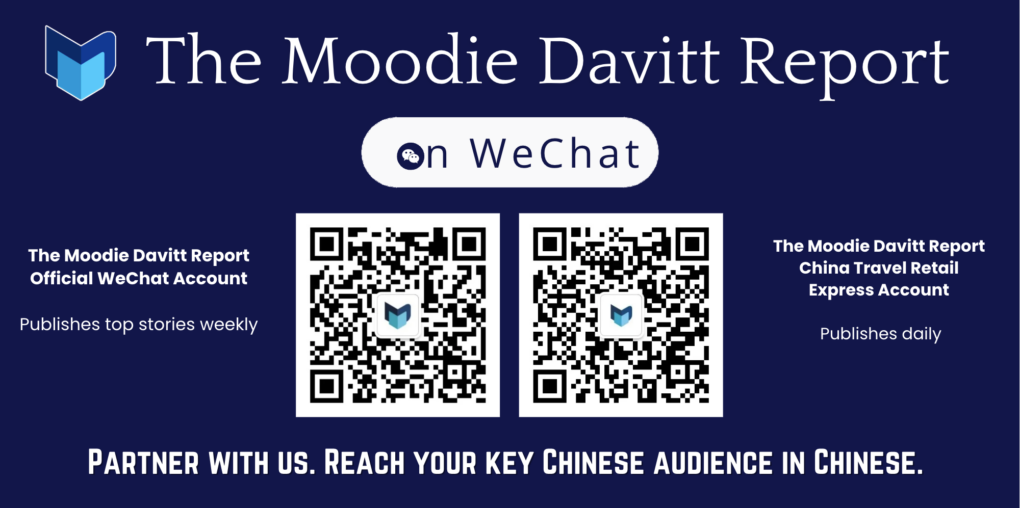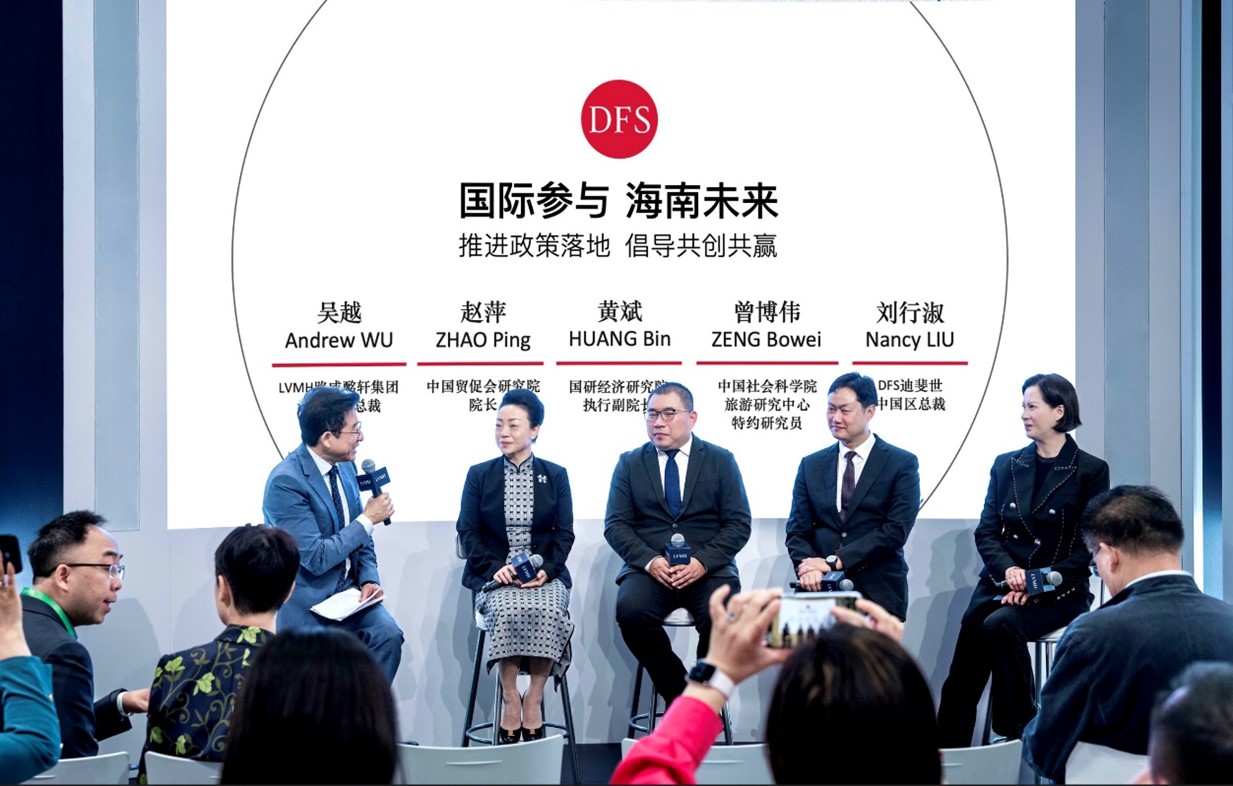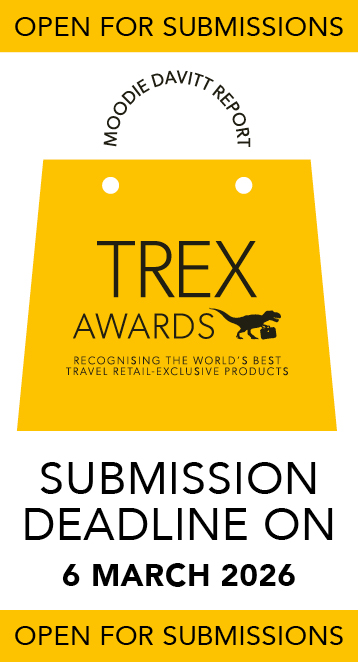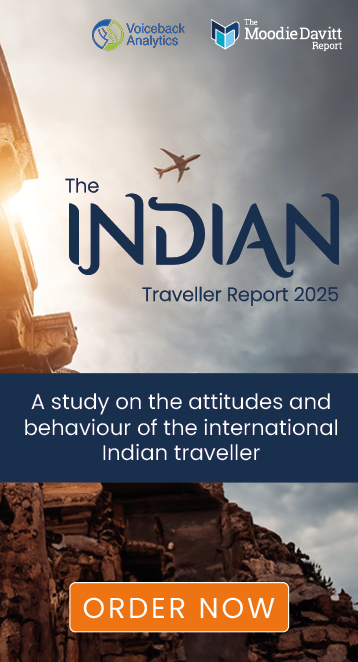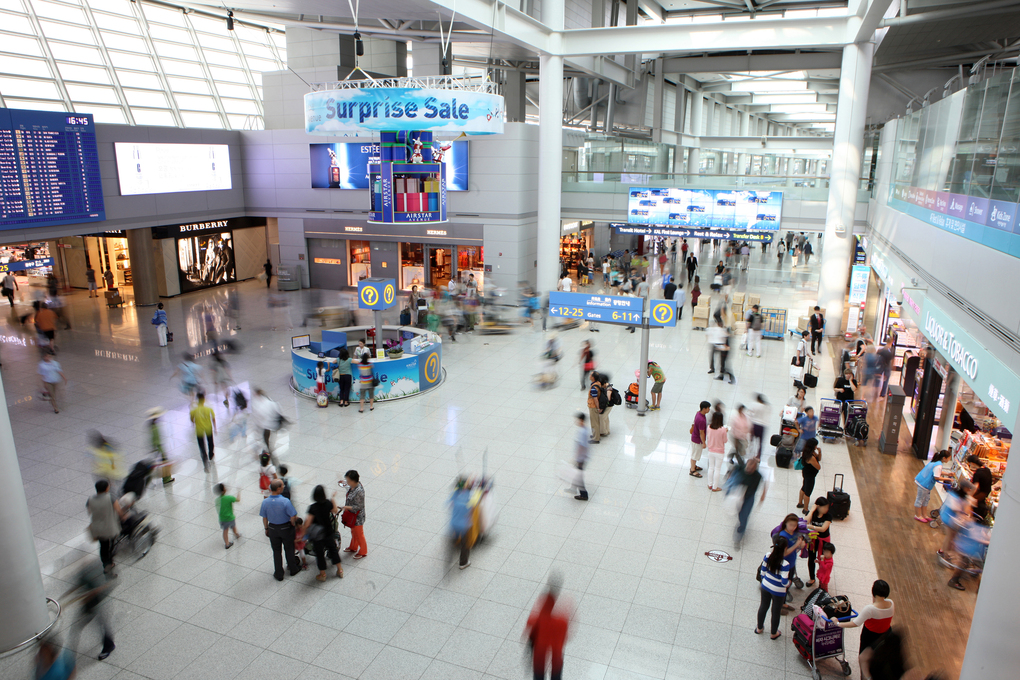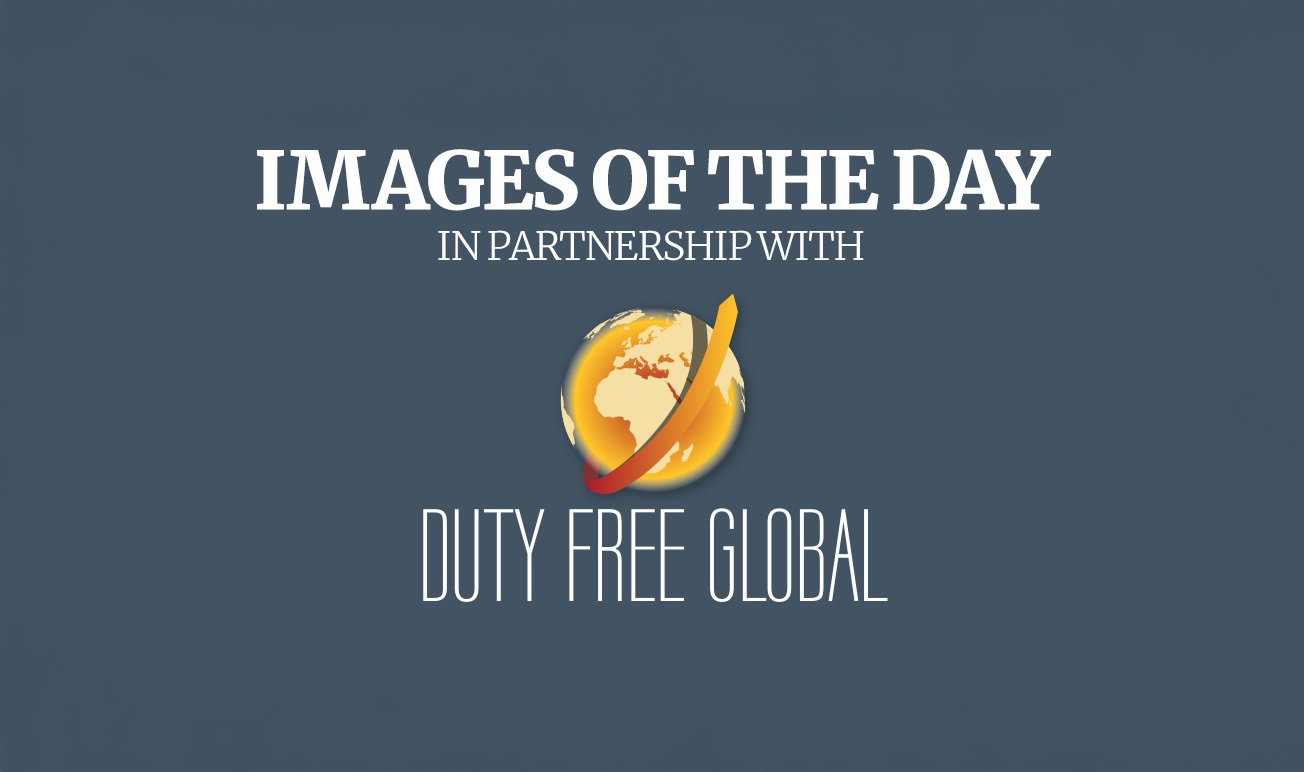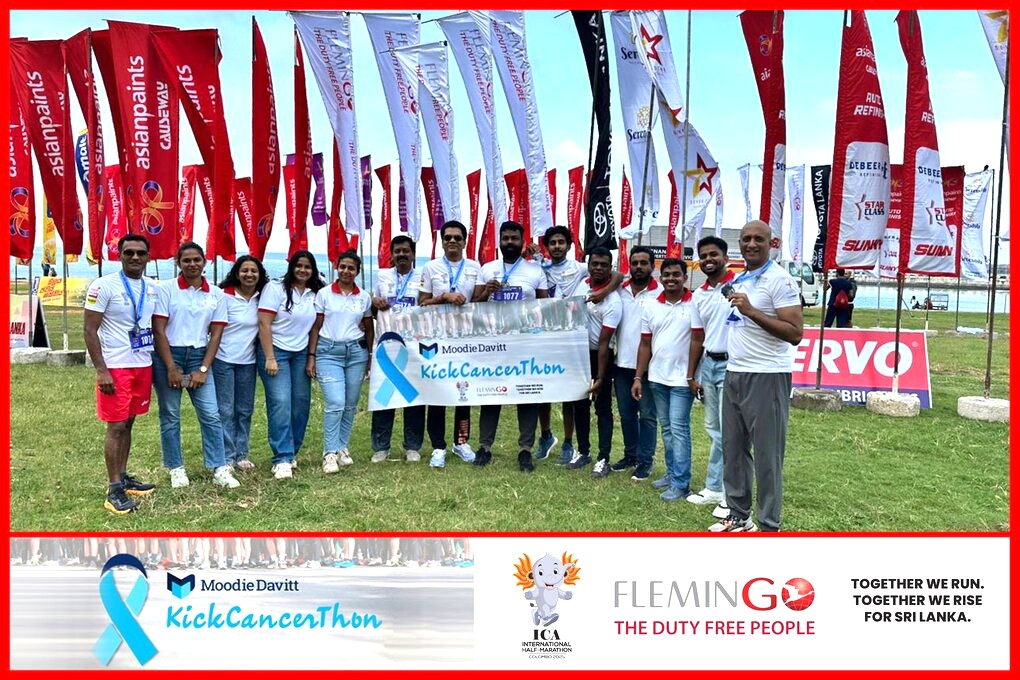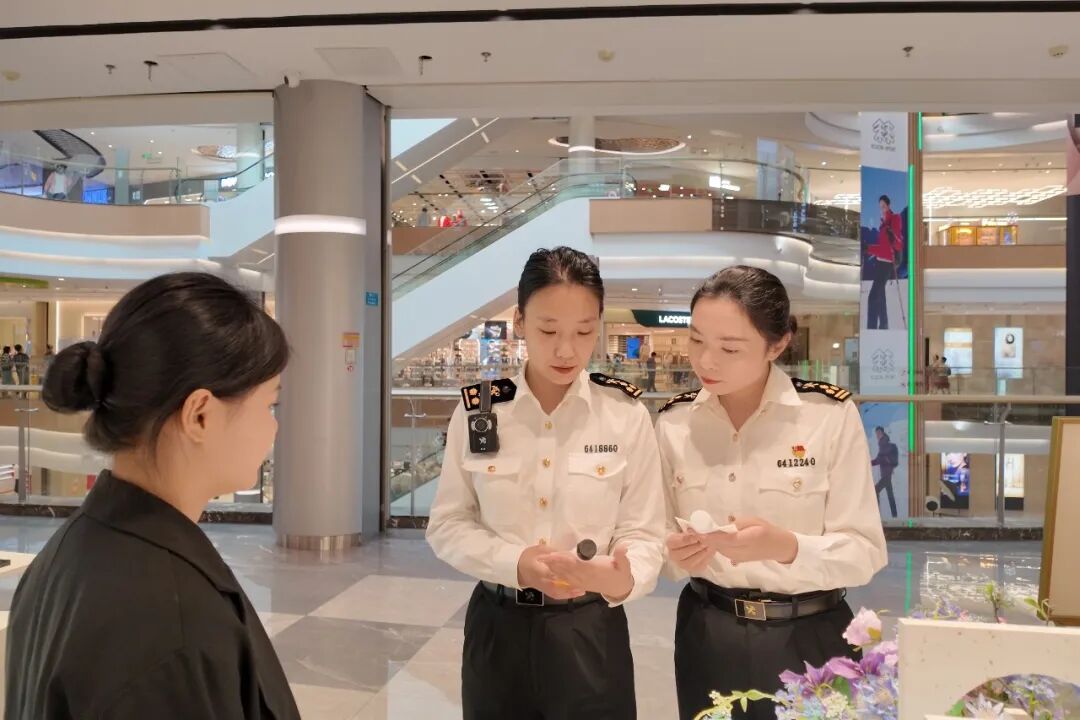CHINA. Leading luxury travel retailer DFS Group hosted a Hainan-themed seminar at parent company LVMH Group’s pavilion during the 7th China International Import Expo (CIIE) from 5 to 10 November, where the vital importance of the Hainan Free Trade Port development was spelled out.
The seminar was themed ‘International participation for the future of Hainan: policy implementation, collaboration and win-win relationships’.
A powerful line-up of speakers discussed a variety of topics related to the Hainan Free Trade Port programme, especially policy implementation and advocating international collaboration to cultivate win-win relationships between stakeholders.
The event was graced by LVMH Group President for Greater China Andrew Wu; DFS China President Nancy Liu; President of the China Council for the Promotion of International Trade Academy Zhao Ping; Executive Vice President of the China Institute of Economics Huang Bin; and Zeng Bowei, Special Researcher at the Tourism Research Center of the Chinese Academy of Social Sciences.
Tang Hua, Director of the Hainan Provincial Bureau of International Economic Development, and Huang Lizhu, Director of the Sanya Investment Promotion Bureau, also attended the event.
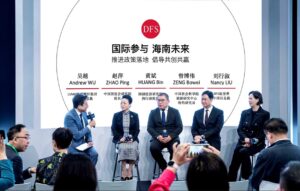
With the theme ‘New Era, Shared Future’, this year’s CIIE sought to solidify its position as a platform for promoting the high-level opening-up of China and relevant policies, and for demonstrating China’s determination and confidence in building an open economy. The seminar is an enthusiastic response to CIIE’s mission, DFS noted.
Wu emphasised the importance of Hainan and Sanya to the international luxury industry. “As the world’s largest luxury goods company, LVMH is a representative of the entire international luxury sector,” he said. “Over the past 40 years, thanks to China’s economic reform, LVMH has grown together with the Chinese market. The construction of the Hainan Free Trade Port is a significant part of the country’s comprehensive deepening of reform and opening-up.
“LVMH applauds this national policy and we are glad to organise this expert discussion about the future of Hainan and international participation from an industry perspective that goes far beyond our own group and brands.”
Hainan Free Trade Port enters critical development phase
The seminar started with discussions on the openness of the Hainan Free Trade Port. The construction of the Free Trade Port was first proposed in 2018, and now it has arrived at a critical development stage. As the island is set to be wholly tax- and duty-free in 2025, how is Hainan progressing in becoming a world-class Free Trade Port with Chinese characteristics and a high level of openness?
Answering the question, Zhao Ping said, “2025 will mark an important milestone for the Hainan Free Trade Port. By then, it will have implemented policies that support a higher-level of opening-up, which will attract more multinational companies and international brands to participate in its development.”
“Currently, the construction of the Hainan Free Trade Port is progressing smoothly according to the ‘Overall Plan for the Construction of the Hainan Free Trade Port’. The marketisation, legalisation, and internationalisation of the business environment are making continuous improvement, and we are fully confident in the quality of the Free Trade Port. We hope to see the international business community pay more attention to Hainan and to China, and discover new opportunities here,” she said.
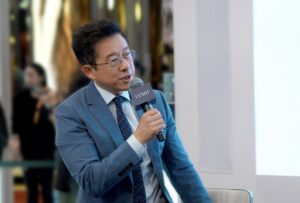
Building an international tourism consumption centre is a strategic positioning of Hainan as mandated by the state. Currently, Hainan’s development relies mainly on the inland market and domestic tourists. If Hainan wants to become a world-class Free Trade Port with great international influence by the mid-21 century, how should it leverage its unique advantages in competition with other global tourism destinations such as Hong Kong, Singapore and Dubai, all of which enjoy a longer history, more visibility, and a higher level of internationalisation?
The panel agreed to achieve such an end, Hainan must learn from past experiences of its competitors and elevate its appeal to international brands, retailers and tourists through innovative measures and a high-level of openness.
The Third Plenary Session of the 18th Central Committee of the Communist Party of China proposed that systemic economic reform is the focus of the country’s comprehensive deepening of reforms, with the core issue being the fostering of a healthy relationship between a capable government and an effective market.
Huang Bin observed that Hainan, as an important window for China’s opening up, has strong policy support in areas such as education, medical care and culture, as well as advantages in developing trade in services.
“Hainan’s positioning in China’s reform and opening-up process is multi-faceted. In addition to being a Free Trade Port, it should also be an innovation hub, and it needs a well-coordinated and high-functioning policy framework,” he opined. “Of course, to leverage these policy advantages, Hainan must first create an excellent business environment, improve service quality, and guide market players to establish a globally competitive pricing system.”
He also urged enterprises to promptly express their needs and requests to the government, so that all parties can work together with mutual understanding to establish a favourable business environment – one that operates according to international regulations and serves both domestic consumers and international enterprises with great effectiveness.
Implementing policies to drive consumption
Given the current consumption slow-down, another topic of the seminar was how the Hainan Free Trade Port can promote the further implementation of duty-free policies and enhance the retail experience to stimulate consumption and attract more tourists.
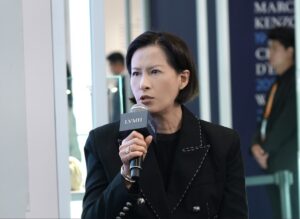
DFS’ Liu said Sanya now ranks third on the list of key luxury consumption cities in China, behind only Shanghai and Beijing and surpassing many first-tier cities. She said this demonstrates Hainan’s potential in driving luxury retail growth.
According to a recent survey conducted by DFS with 2,500 tourists in Hainan, today’s visitors to the island tend to have high-end tastes and a global perspective. They are often well-educated, high-income business owners, senior managers and professionals with extensive international travel experience.
Zeng Bowei said that as a Free Trade Port, Hainan is a pilot area for new reforms whose competitiveness lies in its institutional innovation.
He said, “Currently, out of the 90 million tourists visiting Hainan each year, only 1 million are from outside Mainland China. The high-quality development of tourism means more people will be visiting Hainan, which will inevitably drive the flow of goods, information, technology, talent and capital, thus promoting comprehensive economic development in Hainan.

“At the same time, Hainan can encourage the repatriation of tourist consumption, which contributes to the expansion of domestic spending. Hainan is blessed with beautiful natural resources and landscape, but the future development of Hainan also requires a better business environment and better services, along with policy support. Consumers and suppliers expect a system that is more transparent, cost-effective and fair, and provides better services,” he continued.
The panel agreed that brand diversity, variety of categories, and quality of service are key factors influencing future tourist consumption in Hainan. In this regard, it should acknowledge the gap between itself and other major international tourist consumption hubs, and learn from the experiences of established Free Trade Ports to turn its “latecomer disadvantage” into a “latecomer advantage”.
Liu said that globally speaking, established Free Trade Ports usually exclude consumer goods from negative lists and implement zero-tariff policies for most imported consumer goods. This is part of their policy framework and an important success factor.
She hoped that after 2025, Hainan Free Trade Port will adopt the common practices of other international Free Trade Ports, implement zero-tariff policies, set lower sales tax rates, and streamline duty-paid and duty-free retail regulation.
“There’s a recent White Paper written by a Chinese think tank suggesting the adoption of international common practices, which we are fully onboard with,” she added.
“DFS has over 60 years of luxury retail experience and solid partnerships with more than 700 leading international brands. The group plans to conduct a survey on the expectations of major international brands after Hainan becomes wholly tax- and duty-free.
“We want to build a bridge of communication and dialogue between the government and international brands. This is where DFS takes its industry responsibility seriously, and we hope this will facilitate the implementation of good policies and ultimately multi-lateral collaborations with win-win outcomes.”
Growing the cake
According to the recent DFS consumer survey, Hainan tourists generally believe that policy support is a key to improving the retail experience in the province. They have higher expectations for Hainan’s retail experience and consider brand diversity, quality of service and shopping environment to be major factors influencing their future consumption.
They also expressed that compared to other international destinations, Hainan has room to improve in areas such as product categories and brand offerings, pricing, service, retail environment and infrastructure, as well as dining and entertainment options.
Zhao Ping noted that consumption trends are going through major changes in China. Young people not only want to pursue a better life through material consumption, but also pay more attention to their spiritual enjoyment, with service consumption becoming a hot trend. She suggested that international boutiques in Hainan should seek to combine duty-free shopping with local service consumption in an organic manner to provide tourists with a better overall travel experience.
Huang Bin suggested that while Hainan enjoys a wide range of favourable policies, to actually leverage policy advantages the province still needs to create an excellent business environment, improve service quality and guide market players to establish a globally competitive pricing system.
The Hainan Free Trade Port can not only bring new opportunities to the global market but also help Chinese people in their pursuit for a better life.
Liu agreed, adding that with policy support – as well as LVMH’s global ecosystem and market experience – she is confident DFS can help enhance the retail experience in Hainan and make the “cake that is the Hainan Free Trade Port bigger and better”.
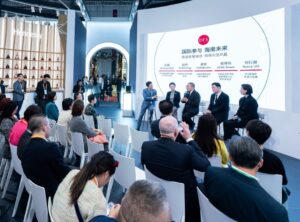
The seminar also touched on the importance industry leaders play in creating a healthy market environment.
As the Greater China President of LVMH Group and a widely respected executive in the international luxury sector, Andrew Wu relayed a consensus view from his industry, noting: “One of the characteristics of the luxury industry is the long periods of planning involved. It may take one to three years to open a store, from decision-making to implementation. Therefore, international brands desire effective communication with the Hainan authorities to clearly understand government policies and market trends, so that they can better conduct commercial planning in anticipation of 2025.
“LVMH Group has always been committed to bringing the best brands and products to China,” Wu continued. “The establishment of the Hainan Free Trade Port provides an unparalleled platform for us and the international luxury industry. As a marker leader, we will use our influence in the luxury industry to guide our brands to seize this opportunity, and play an active role in facilitating communication between the industry and the government.
“We will pass on the concerns and needs of the brands to the government and in the meantime convey their belief in Hainan to the entire industry. We hope to see all sectors work together to leverage the momentum of the Hainan Free Trade Port and contribute to the development of Hainan and China’s luxury retail industry.”
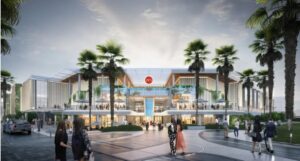
Liu observed that many renowned European and US brands are hoping to use Hainan as a ‘test zone’ for entering the Mainland Chinese market. She said that DFS can introduce these brands to Hainan, upgrade Sanya’s luxury retail landscape, and help improve the overall operational calibre of Hainan’s duty-free industry.
This April, DFS signed an agreement with Shenya Group to jointly create the DFS Yalong Bay Project, hailed as Sanya’s first world-class, seven-star luxury retail and leisure destination. It is expected to attract 16-18 million visitors per year by 2030, generating considerable economic value for the area.
“This will solve the problem of the current shortage of high-end brands in the Hainan market, and also help improve the overall duty-free sector of the Hainan Free Trade Port, helping Hainan stand out in global competition,” Liu said.
She explained the project will also attract over 700 international brands to make their debut or expand their footprint in Hainan. This will in turn contribute to the government’s investment promotion efforts, regional economic development and social prosperity.
“We also look forward to carrying out further discussions with the government. Today’s seminar is just a beginning. We hope that through our combined and unremitting efforts, we can create a win-win future for all stakeholders of the Hainan Free Trade Port,” Wu concluded. 🏝️
